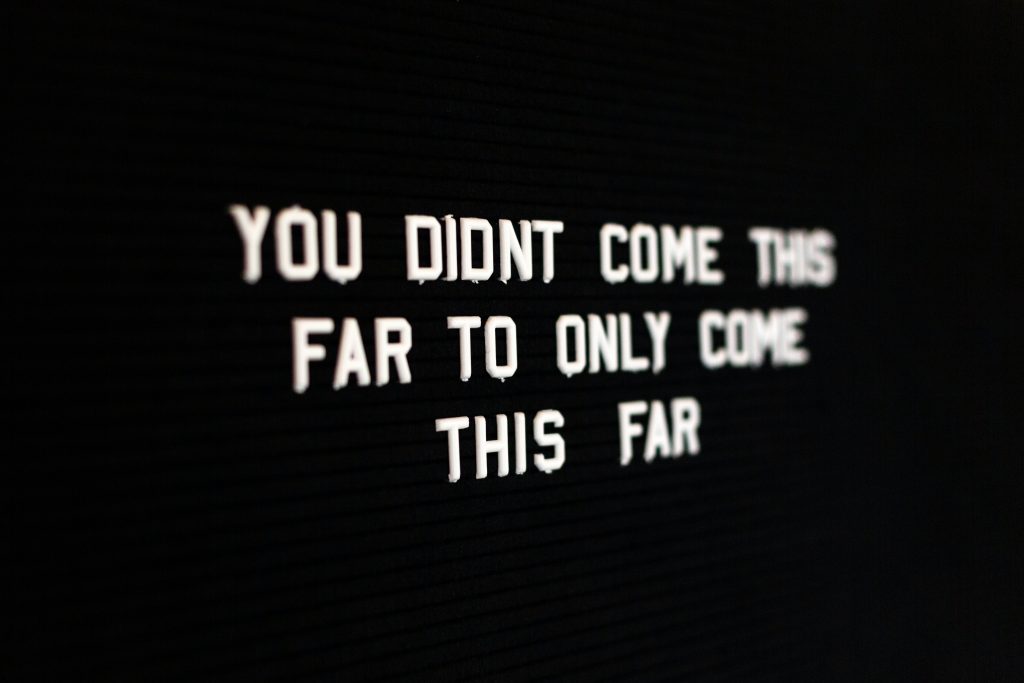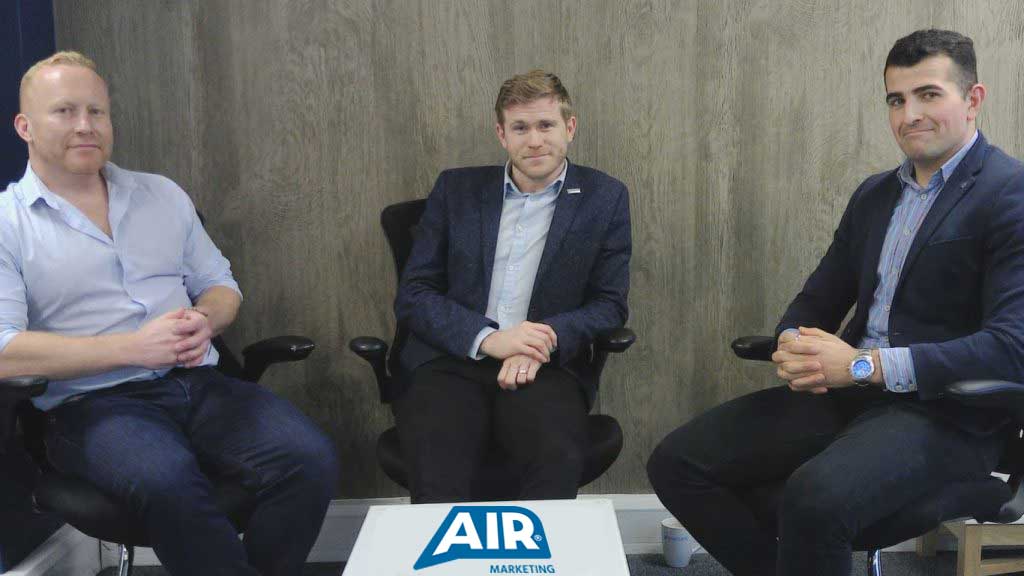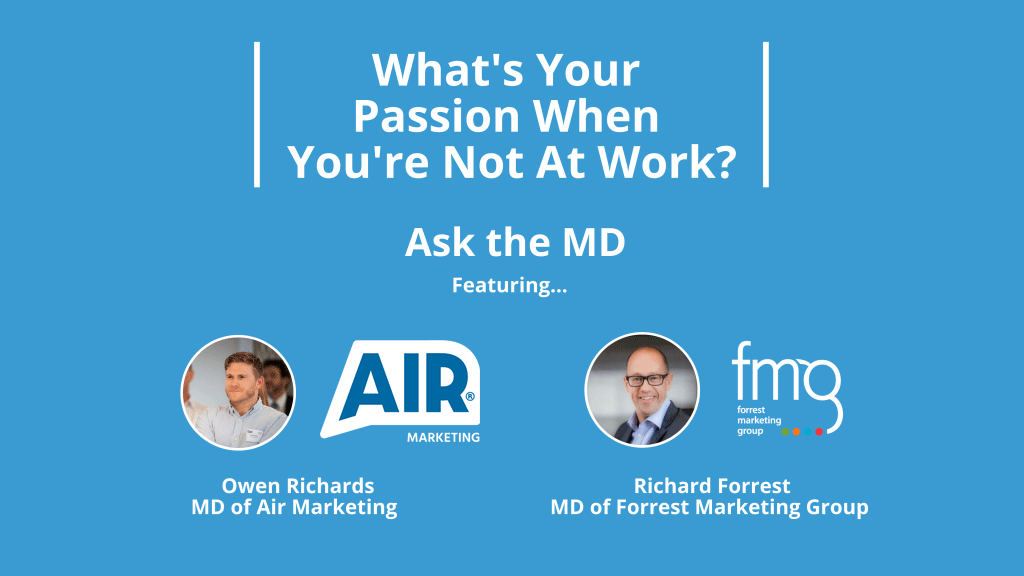I can honestly say that making the conscious decision to lead my team as a human and aiming to be the most authentic version of myself, has had a huge impact on shaping our culture as we’ve grown. Shortly after founding the business, I decided that in an otherwise complex world, one thing could be straightforward, my role. Yes, I am a boss, a leader, a manager and a salesperson, but first and foremost, I’m me.
The idea of being confined and limited by the narrow parameters associated with a title, a bulleted list of things I should be, seems counterintuitive to connecting with people and aiming to inspire them. Simon Sinek said, ‘a boss has the title, a leader has the people’ and that to me, epitomises the mindset that makes the most sense.
Humans are highly complex and capable. We work best when we’re given the freedom to be creative and innovate. The average UK worker spends 1,676 hours at work every single year – that figure is perhaps even higher in the sales industry. The idea that your input, in all that time, can be reduced to a 500 word job description seems absurd; it doesn’t reflect the role we each play.
When you try to neatly box the notion of what sales leadership should be, you close yourself off to possibilities and true connection. Every day you can choose to be human in your approach, when sales leaders neglect to make a conscious decision about it, they leave their leadership style down to luck and forget to be mindful. When you let your team see the real you, you’re showing them someone who cares about them and you lay the foundations for trust to grow. If they can see you have their best interests at heart, they will appreciate and accept your honesty when delivering tough messages and taking difficult decisions.
Self-awareness is critical for any good leader. Leaders who claim to be infallible are not relatable and sometimes unlikeable. Nobody is perfect and those who can show vulnerability, and strength and resiliency in the face of challenges, without hiding their emotions and compartmentalising their feelings, will be far more inspiring to the team around them than somebody who chooses to hide behind a façade.
It’s important to put your team’s development first, even before your own. Investing in people goes far beyond caring about their success and professional development. True leaders care for their team’s mental wellbeing too, and know they will only truly thrive in a trusting and honest environment where people are comfortable with expectations and feel supported to speak their minds.
Whilst you can and actively should show emotions as a leader, you can’t let them dictate how you behave and the decisions that you make. The ability to step away and create space is critical. Be somebody who explains their motivations and thinking because context really does matter. Give your team transparency around data and decisions and explain the thought processes that led you there.
Don’t be a control freak. Let people exceed all of your expectations, with your full support. True leaders give people ownership and encourage their team to fail fast and learn from the experience. Most importantly, try to create that culture where you talk openly about failure. If you can have honest and normal conversations about it, everyone can learn and move on, it’s all you need to motivate and educate your team.
Our new platform, Wellity, is designed specifically for the sales industry and focuses on the mental health and wellbeing of professionals within it. We recently interviewed a gentleman called Chris Brindley MBE, who was formerly on the board at Metrobank and is now the Chair of the Rugby League World Cup 2021. He talked about two principles that always resonate with me. One is mirrors and windows. Imagine a scenario where a CEO pulls you, the sales leader, into his office at the end of the quarter and chastises you for a poor quarterly performance. He asks you, ‘what’s happening?’. A great leader will reflect that back on themselves, like a mirror and assume accountability. Equally, when a quarter goes well, that same leader will open the ‘window’ motion towards their sales team and congratulate them for the success. The second principle I really admire is that all great leaders are like umbrellas, because they protect their team from the storm.
I’ll leave you with one final point relating to that word, authenticity. Being authentic means coming from a real place inside ourselves; it’s when our actions and our words are congruent with our beliefs and our values. It’s about being fully ourselves, not an imitation of ourselves or what we think we should be.
For me, great leadership doesn’t exist without ‘extreme normality’. All you need to do as a sales leader is bring the best version of your normal self and the results will follow.
For more insight, check out my talk on the same subject at SaaSGrowth 2020.
Opinion piece by Owen Richards
CEO, Air Marketing Group










